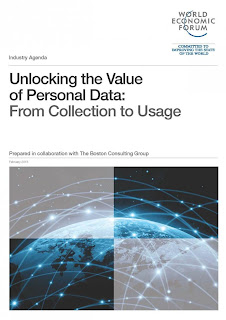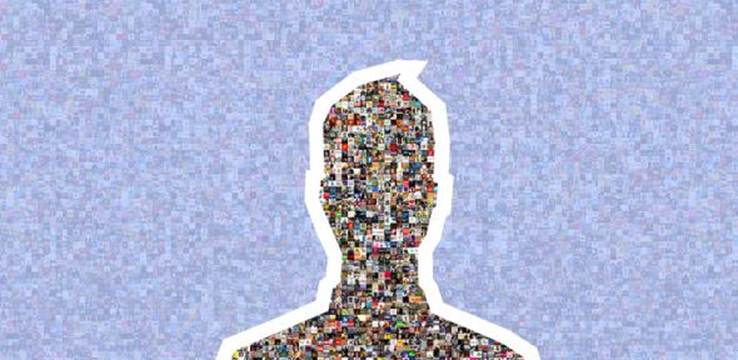Lying and Hiding in the Name of Privacy - new report

Customer Commons have presented a research paper: Lying and Hiding in the Name of Privacy http://customercommons.org/2013/05/08/lying-and-hiding-in-the-name-of-privacy/ Abstract A large percentage of individuals employ artful dodges to avoid giving out requested personal information online when they believe at least some of that information is not required. These dodges include hiding personal details, intentionally submitting incorrect data, clicking away from sites or refusing to install phone applications. This suggests most people do not want to reveal more than they have to when all they want is to download apps, watch videos, shop or participate in social networking. Keywords : privacy, personal data, control, invasion, convergence Download a PDF of the paper here . They surveyed 1704 people showing that 92% of the people do something: hide, lie, click away or refuse to install an app.. in order to control their data and create some kind of privacy. I










